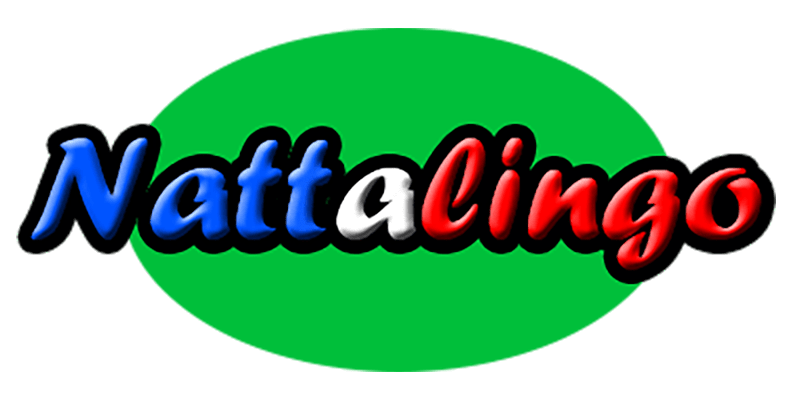The exact title, which I felt was a bit long for my title haha, is: “Teaching languages in primary schools: putting research into practice.” (click here to access the course – as long as it is available)
I have been teaching primary languages for over 16 years – as my main job for nearly 6 years. Part of it is… I love to learn more about what I do, and this course, advertised by RiPL (click her for their Research in Primary Schools website), was just the ticket!
Below are some of my takeaways, the ideas that I understood were suggested or reinforced by research. Most of this I sort of knew, but it was fab to reflect on it all.
- A sense of progression is an essential factor in motivation, especially in upper primary.
- Children’s ways of learning and understanding change rapidly during upper primary: during middle childhood children develop specific language analytic skills (some would argue it is when things become interesting hehe); before that, they are are more motivated by the activities (fun-based)… and the teacher!
- Young beginner learners can memorise chunks of language, which motivates them and lays the foundations for spontaneous use later, once they learn explicitly what the different parts of those chunks are and how to manipulate them.
- Little and often is key.
- Gestures and images help memory but also help engagement.
- Language analytical awareness and proficiency in literacy affect outcome, but please note: if a child is weaker in literacy, they can still make great progress in language learning.
- Teaching time and teacher proficiency affect progress.
- Explicit awareness-raising of language patterns could help progression in grammar.
- Less emphasis is needed on accuracy: expect high level of accuracy in a structured task, but less accuracy in independent language use, more cognitively challenging tasks, or when drafting feedback.
- Children are motivated by knowing why they are learning something and what they are aiming for.
- It is helpful to revisit language and structure through a variety of topics.
- Good literacy skills give access to higher thinking skills.
- Explicit, systematic and integrated language literacy instruction is necessary.
- Literacy development in one language tends to have a positive effect on the other language.
- Systematic teaching of phonics and exposure to print are necessary alongside speaking skills.
- Children need to be taught foreign language words recognition skills and strategies, e.g. look for cognates, persevere, use visual clues, look at the sentence structure, look at words either side of a word… as they do in English!
- Rich and meaningful encounters with text are important for language literacy progress, motivation and engagement (this could be with picture books: see my book blog for help with this! Click here to explore a list of them).
- There is interference when L1 and L2 are similar, which we can’t ignore, or even better, we can use!
Interesting links:
- research page on the RiPL (Research in Primary Languages) website
- RiPL website: resources relating to the MOOC
- the Primary Zone of the ALL (Association for Language Learning) website
If you did the course and feel I have missed anything out, please let me know in the comments below!


Hi. Thank you very much for this. I started the course but don’t think I’ll finish it in time before the free access expires, so this is a very helpful summary, especially as I’m new to teaching. I’m also really interested to find out more about your picture book recommendations as I’d love to use these in my KS2 classes. I found out about the FutureLearn course and your blog through the amazingly helpful Facebook group we’re part of – so grateful for it!
Thank you so much for taking the time to write your kind comment, Katie. I am always happy to help when I can! Yes, the Languages in Primary Schools group is so amazing! Please ask me any questions you may have about picture books. My recommendations are under “bog/book blog” at the top of my website, but it is getting a revamp soon… watch this space! If you would like to hear from what is new once a month, feel free to sing up here: https://nattalingo.co.uk/sign-up/ . Bonnes vacances !